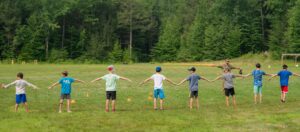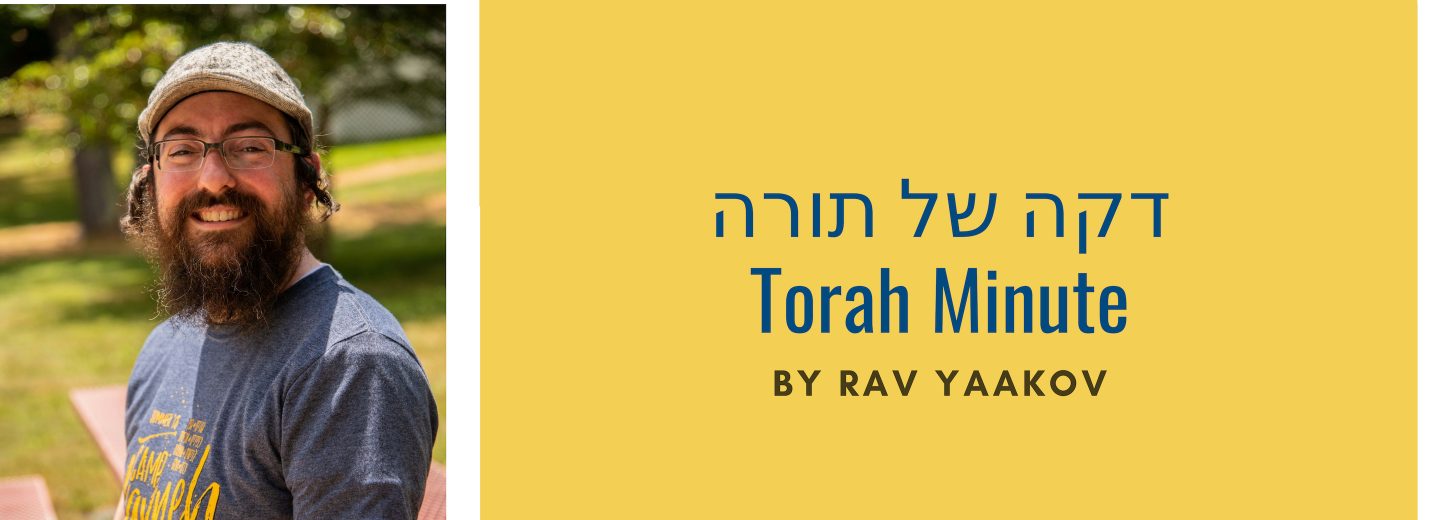The Power of a Single Vote
This week’s parsha contains a brotherly rift with profound consequences that will take nearly a lifetime to resolve. Yosef, 17, is the favorite of his father Yaakov, being the eldest child of Yaakov’s late wife Rachel, with whom he was deeply in love. Yaakov gives Yosef the famed coat of many colors and dotes on him. However, Yosef’s brothers view him as a pest and a usurper. Yosef makes it worse by telling his family about his recent dreams, which are metaphors for Yosef’s rule over them.
One fateful day, Yaakov sends Yosef to check on his brothers in the fields, and they seize him and throw him in a pit, then sell him to a roving band of Ishmaelites. They bring Yosef’s coat back to Yaakov covered in goat’s blood, saying that Yosef had been gored by a wild animal. Spoiler alert: Yosef ends up in Egypt, and through a providential series of events will end up second-in-command to the Pharaoh and in a unique position to ensure his long-lost family’s survival. But as of now, all we know is that Yaakov’s sons have behaved in a horrific way toward their brother. How can we understand their actions?
The brothers’ minds and hearts were warped, distorted by their jealousy of Yosef and of their father’s love for him. In what perhaps could be their only defense, they could have pled insanity. Perhaps they had grown up somehow knowing that their father loved Rachel more than their mother, Leah. Perhaps this colored their entire relationship with Yosef and allowed them to never see him as a whole person. Their view of Yosef and of reality was destroyed by jealousy, leading them to splinter their family to try to destroy Yosef’s life by selling him as a slave.
This helps us see why the prohibition against jealousy is included in Judaism’s “top ten,” the Ten Commandments. It’s right up there with believing God is, honoring our parents, keeping Shabbat, not killing, etc. Why would jealousy, a natural and common human emotion, be so terrible as to be included in the Ten Commandments?
Through the story of Yosef and his brothers, the Torah is showing us why it’s so bad: jealousy makes us unable to see one another fully. It can threaten even our closest relationships, because it means we view another person as someone who is not as deserving of what they have; someone who unjustly has what we should have. This destroyed the very first brotherly relationship when Cain killed Abel out of jealousy of God favoring his offering. Yaakov’s sons become the foundation of the Jewish people; their names coming to denote the Twelve Tribes of Israel. Before this happens, this story shows us that if jealousy is allowed to fester it imperils the core of the Jewish nation. It is something the Torah is telling us we need to work to eradicate in order to survive. How Yosef responds to his brothers when they meet again, in the upcoming parshiot, will give us a blueprint for healing relationships endangered by jealousy. Until then, we can focus this week on working against jealous feelings in our own lives and toward family and friends.
Questions for the Shabbat table:
- Have you ever felt jealous of a friend? How did it affect your friendship with them?
- One great way of not being jealous is to focus on what we have and who we are, not what we don’t have and who we aren’t. List three things you really like about who you are, and three things you really like about what you have in your life (and try not to focus on “stuff”).




